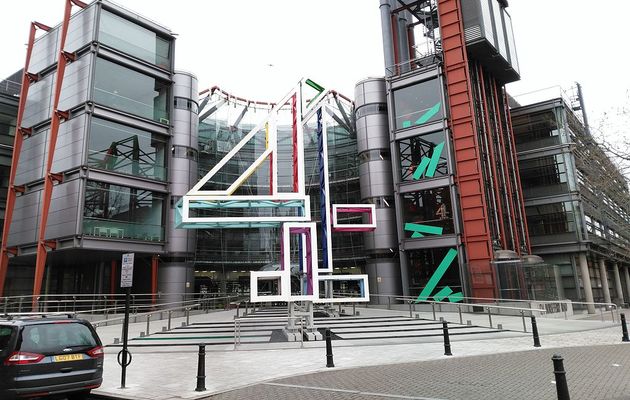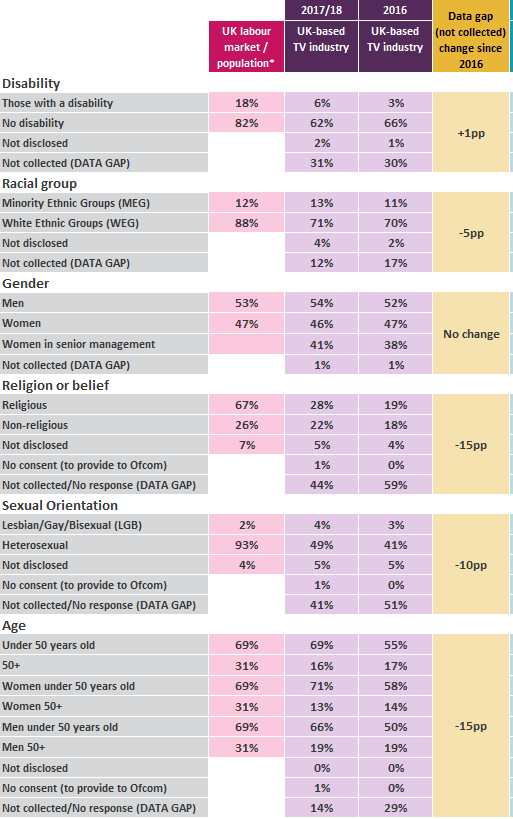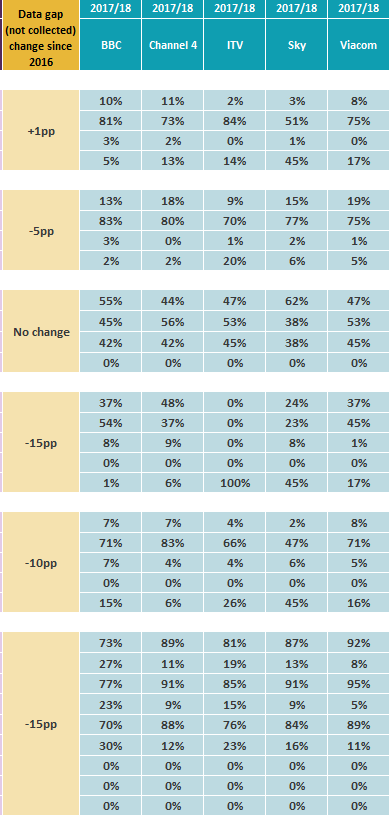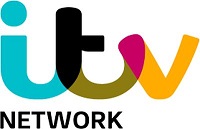“For many people, religion is a defining part of their life and should therefore be given greater focus”, Ofcom’s report on Equal Opportunities in Television says.
 Channel 4 is one of the broadcasters included in the report. / Wikimedia Commons.
Channel 4 is one of the broadcasters included in the report. / Wikimedia Commons.
Ofcom, a UK communications regulator, has released a report called Equal Opportunities in Television 2018, which shows how the five main television broadcasters deal with diversity.
From April 2017 to March 2018, Ofcom collected data from the BBC, Channel 4, ITV, Sky and Viacom (which owns Channel 5), the main television broadcasters that Ofcom regulates.
LACK OF DIVERSITY
Like they did for the 2017 report, researchers asked broadcasters to provide data on gender, racial groups, disability, age, sexual orientation, religion or belief, pregnancy and maternity, and gender reassignment.
This year’s report has examined progress over the last 12 months across the Unitd Kingdom-based television industry, in order to “identify under-represented groups and help tackle a lack of diversity in UK television”, Ofcom said.
“We compare the broadcasters, by characteristic, to UK labour workforce averages and the wider UK-based TV broadcasting industry and highlight some of their key initiatives”, they explained.
RELIGIOUS PEOPLE UNDER-REPRESENTED
The study found that religious people are significantly under-represented in British television. Only 22%t of TV staff (excluding on-screen personnel) identify as religious, compared with 67% of the country's working population.
The proportion of staff whose religion or belief is unknown has fallen from 59% to 44%, but more than 16,000 employees of the television industry remain unmonitored, representing the biggest ‘data gap’ across all characteristics.
 Diversity in TV (a). / Ofcom
Diversity in TV (a). / Ofcom
 Diversity in TV (b). / Ofcom
Diversity in TV (b). / OfcomOfcom pointed out that “the work broadcasters have done to promote inclusion in this area is positive”.
However, “broadcasters should ensure these are more consistent and that religion and belief is something all line managers are trained to be mindful of when supporting employees”.
ITV was excluded from the religious diversity figures because it had not collected sufficient information of the faith backgrounds of its staff.
“Religion and belief is not an area of particular focus for any of the main five broadcasters, but they do have arrangements in place to promote equal opportunities in this regard”, Ofcom said.
According to the report, “for many people, religion is a defining part of their life and should therefore be given greater focus”.
“Better monitoring is essential to ensure that people from a range of religions and beliefs are represented in the broadcast industry and can help to support accurate on-screen portrayal that reflects audiences' own experiences and fosters cultural understanding”.
RELIGIOUS ACTIVITIES, POLICIES AND RESOURCES
The study also explained the religion-related activities, policies and resources that the TV channels have, to improve the situation of religious people in their workplace.
Channel 4 has a religion and belief policy which line managers are asked to familiarise themselves with. ITV has worked with its Embrace Network to consult on new Ramadan guidance for managers and colleagues.
 ITV was excluded from the religious diversity figures because it had not collected sufficient information of the faith backgrounds of its staff. / Wikimedia Commons.
ITV was excluded from the religious diversity figures because it had not collected sufficient information of the faith backgrounds of its staff. / Wikimedia Commons.Viacom’s Fusion network celebrates cultural difference by marking religious festivals and important cultural dates to help foster inclusion, as well as securing speakers from different religious backgrounds for internal talks.
Sky publishes a notable dates calendar, provides faith rooms and run a series of events and restaurant takeovers throughout the year to raise awareness of a range of different religious festivals, and the BBC also notes that multi faith prayer rooms are available at its main sites.
OLD AND DISABLED PEOPLE
Religious people are not the only ones under-represented at the nation's biggest broadcasters. The report also found that the proportion of employees who define themselves as disabled has doubled from 3% to 6%, but it remains far below the UK population average of 18%.
Additionally, all of the five main broadcasters employ more men aged 50-or-over than women. In general, 15% of workers said they were aged 50 or older, in contrast to 31% of the wider population.
Vikki Cook, Ofcom Director of Standards and Audience Protection hopes that “major broadcasters understand the need to attract people who may not feel they can make a career in TV. This is in broadcasters’ interests, because it helps them make programmes that reflect the whole UK”.
“But our report shows how far there is to go. We expect broadcasters to keep improving their monitoring and staff diversity in the coming months”, she concluded.

Las opiniones vertidas por nuestros colaboradores se realizan a nivel personal, pudiendo coincidir o no con la postura de la dirección de Protestante Digital.
Si quieres comentar o